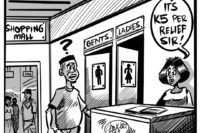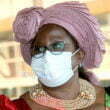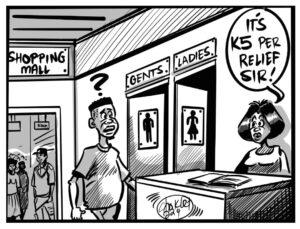Community Development Minister Emerine Kabanshi says its normal for people on social cash transfer not to be paid for months because it is not always that government has money.
Speaking to journalists in an interview after she officiated at the Lusaka Social Protection Colloquium at Cresta Golf View on Wednesday, Kabanshi also said over 700, 000 people had been put on social cash transfer.
Kabanshi was responding to a question from journalists who wanted to know why some people who were on the social cash transfer system had not been paid for over two months.
“That’s normal, people should understand that government does not always have money. You know what happens in our households is what happens at higher level, but as a caring government, we are committed to this program, and we will make sure that we pay them,” Kabanshi said.
“So we are promising that we are not going to relent, we are there to work with the poor. If there is a person who loves the poor, it’s this President. He has increased the funding for this program. Even the number of people on this program has increased from 242, now this year we are going to have 700, 000. That is how much he cares for the poor. And you know with all these programs coming, the social protection is growing because we want to reach out to all those people that were excluded because we want them to be part of the economic development. Why don’t you buy all your children shoes at the same time? It’s because of the budgetary constraints. But we are saying that we are committed, we are going to work on that and we will pay them.”
And Kabanshi said over 700 NGOs registered with her ministry while government was in the process of reviewing the NGO Act.
She further disclosed that 21 districts would benefit from the HIV Social Cash Transfer linkages in the year 2018.
“This year 2018, si more districts will be added to the HIV-SCT linkages initiative bringing the total number of districts to twenty one. Furthermore, the Ministry is exploring other linkages to social protection programme such as linking the social cash transfer to agriculture interventions such as the food security pack, the farmer input support, education, nutrition and case management. One such example is the keeping girls in school fees to girls in the selected social cash transfer households,” said Kabanshi.
“As you may be aware, there are many facets to social protection and having a harmonized and targeted approach is one step forward in finding a lasting solution to social problems. In this regard the ministry will this year begin to pilot a single window service system in Kafue, Mambwe, Mpulungu, Mongu, Lunga, and Samfya to enhance social protection coordination at district and community levels. We are also rolling out the single registry management information system to 20 districts.”












